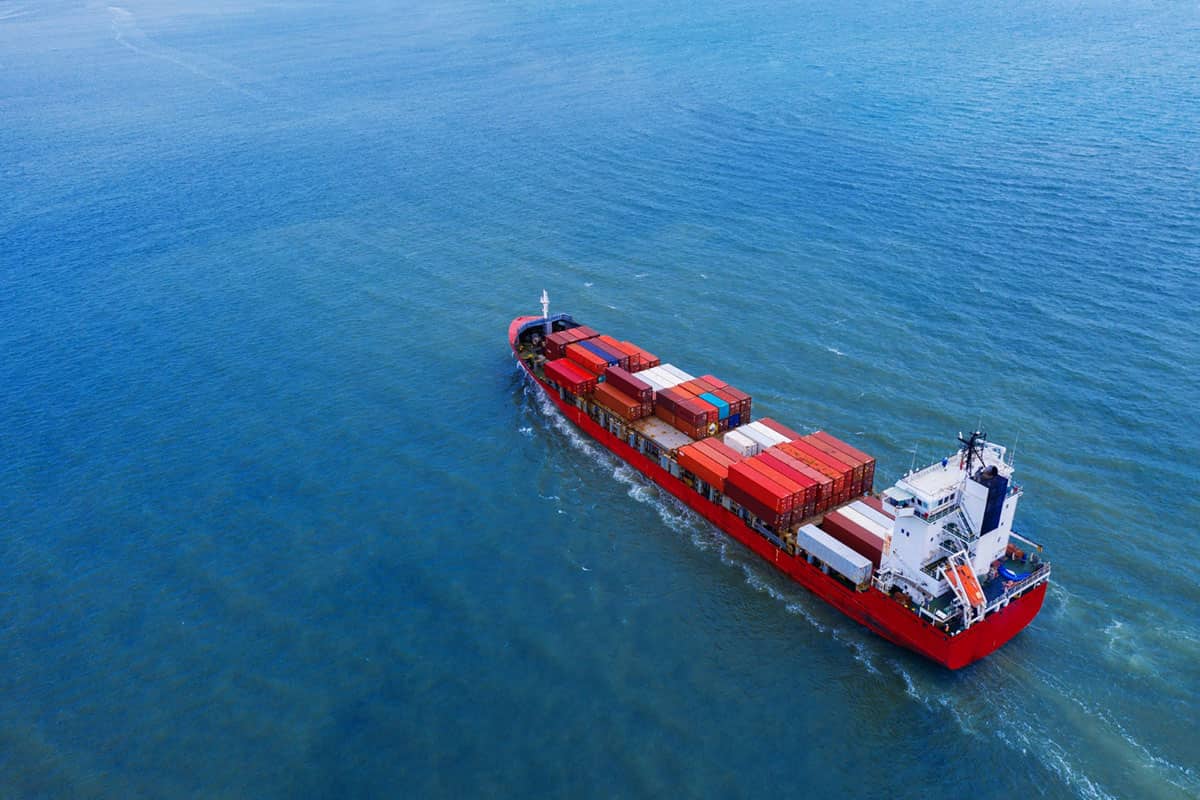
The DDP delivery terms are defined by the international Incoterms (International Commercial Terms), recognized worldwide. In September 2010, a new 8th edition of these rules was released, known as Incoterms 2010. The new rules came into effect on January 1, 2011.
Due to their universal application in most countries of the world, Incoterms clearly delineate the rights, obligations, and responsibilities of the seller and buyer. As a result, it becomes possible to reach mutual understanding between the parties more quickly and minimize the likelihood of disputes.
Delivery under DDP or Delivered Duty Paid is defined as "delivery with duty paid." According to these terms, the seller assumes the costs and risks associated with delivering the goods at a pre-agreed time and to a specified destination.
The responsibility also includes the payment of customs duties and other official charges. Additionally, the seller covers intermediary and customs brokerage services, if they were involved. Thus, the seller is 100% responsible for all processes along the transportation route until the buyer receives the goods.
It is important to note that in our country, the legislation provides for the possibility of paying customs duties and fees only by an individual or organization that is registered on the territory of Ukraine, i.e., is a resident. Therefore, if the supplier is not a resident, they will not be able to carry out the delivery with payment of duties. Thus, DDP terms do not work directly in our country.
Seller's responsibilities under DDP delivery terms include:
It is important to consider here that in Ukraine, the obligations under the DDP condition can be fully met only by a seller who is a resident and is not restricted in the ability to pay customs fees and duties. Therefore, when goods are delivered from China to Ukraine or from any other country, the foreign supplier can pay the duties by entering into an agreement with a customs broker or a resident organization that can act on their behalf.
Buyer’s responsibilities:
Key advantages:
Key disadvantages:
Customs clearance for shipments under DDP terms consists of several stages:
DDP price is the highest among all Incoterms conditions since the seller assumes all costs and risks until the delivery of the goods, including duties and taxes in the buyer’s country. On the one hand, the customer receives a turnkey delivery; on the other hand, they may overpay significantly since the seller includes a margin for organizing the process.
DDP delivery with duty payment includes the following costs:
On average, the cost of a single unit may increase (depending on the country, duties, and taxes) by 50-70%.
DDP delivery terms have remained unchanged, but each new edition of Incoterms has introduced clarifications and adjustments.
The DDP Incoterms 2000 version had vague wording, which could lead to discrepancies in customs and unloading responsibilities.
Incoterms 2010 DDP underwent several changes. The terms "delivery" and "unloading" became more precise. It was specified that the seller is not obligated to unload the goods at the buyer’s location. Insurance remained optional. Customs clearance rules clarified that all costs, including export and import customs clearance, fall on the seller.
DDP Incoterms 2020 is the latest edition with the following updates:
Incoterms 2020 has made DDP a more flexible format, especially in terms of duties, taxes, and electronic documents.
DiFFreight Company offers international logistics services with comprehensive solutions for clients and organization of DDP deliveries turnkey. Cooperation with DiFFreight provides:
Choosing DiFFreight, you gain a reliable partner for organizing international shipments under DDP conditions, allowing you to focus on the development of your business without getting distracted by logistics issues.
Under DDP (Delivered Duty Paid), the seller takes on maximum responsibility: arranging delivery to the specified destination, handling export and import clearance, paying all duties, taxes and charges. The buyer simply receives the goods at the destination.
Advantages include: no hidden costs, guarantee of legal importation, fixed pricing, and minimal risk exposure for the buyer.
Potential drawbacks: higher cost, dependence on the reliability of the seller/logistics provider, and less flexibility compared with other trading terms.
DDP is appropriate when a turnkey solution is desired and the buyer wants minimal involvement. If cost is a priority and the buyer has logistical capability, alternative terms (e.g., FOB or CIF) may be more suitable.